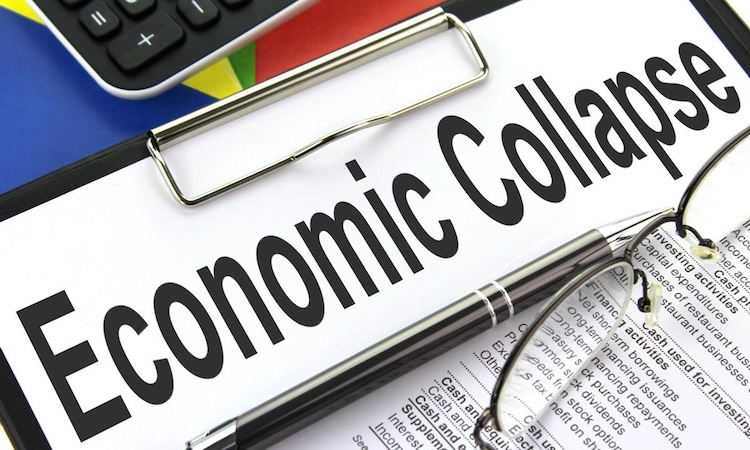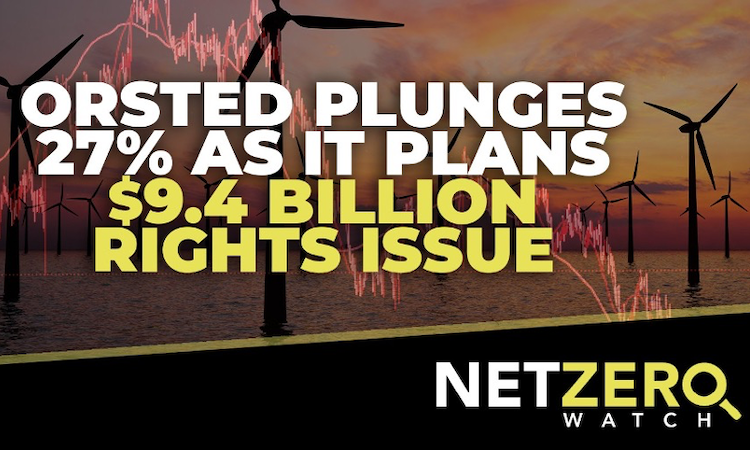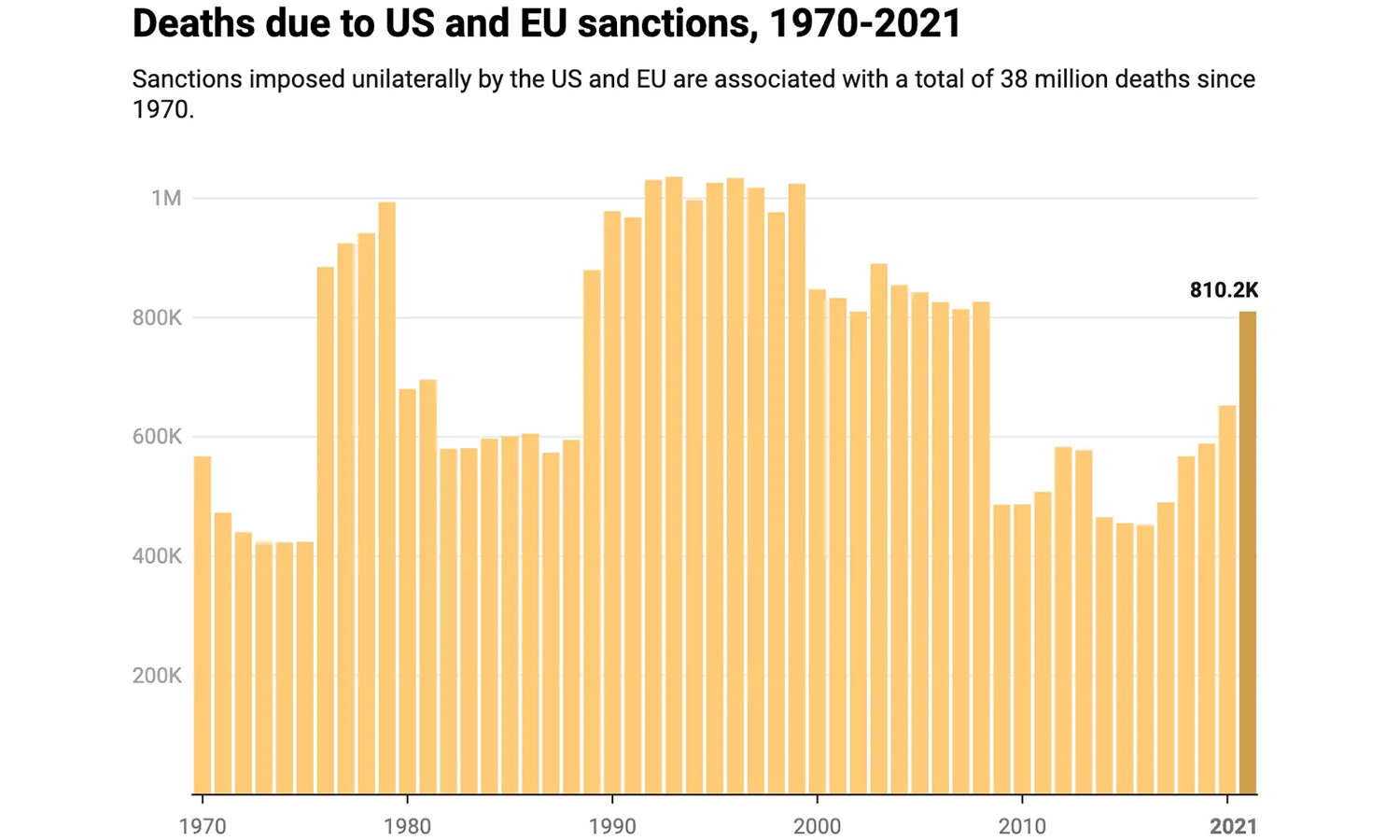In May 2025, UnitedHealth, the world’s largest for-profit healthcare monopoly, lost almost half its stock value. The company experienced the largest-ever single-day loss – a whopping $120bn – surpassing Meta’s loss of $100bn during its 2018 crash. UnitedHealth, which was worth $600bn at its peak, ranking 14th among the largest US monopolies, now ranks 24th.
A state of advanced monopolisation
UnitedHealth is primarily known for its insurance wing, UnitedHealthcare, which insures roughly one in seven US citizens and whose CEO Brian Thompson was recently murdered by Luigi Mangione, a young man who resented being denied access to medical care.
UnitedHealth employs (directly or indirectly) one in ten US doctors through its provider network Optum Health, and the company owns the third-largest pharmacy benefit manager, OptumRx, giving it de facto control over drug prescription options (formulary) and cost.
Moreover, the company owns data analytics company OptumInsight/Change Healthcare, which processes half of all US health insurance claims, including those of UH’s competitors. Its expansion and acquisitions are often unannounced, operating under the business principle that ‘Silence is golden’ – very much in the spirit of the mafia.
This strategy of monopolisation – acquiring all key points of a supply chain – is known as ‘vertical consolidation’ – as opposed to ‘horizontal’ expansion, in which opponents are acquired. The only thing stopping such huge monopolies from further horizontal merging is anti-monopoly legislation, whose existence is supposed to reassure workers that our countries are not at the mercy of capitalist monopolies, although everyone knows that they are.
Interestingly, during the last decade, some of the biggest insurance companies in the USA have been prevented from merging by the US Department of Justice, seemingly because such mergers would have upset the high priests of finance capital.
The top shareholders of UnitedHealthcare – the fund managers BlackRock and Vanguard – are also the top shareholders of its biggest competitors, and the boards of directors are all ultimately accountable to these shareholders. It suits finance capital that these companies should engage in a modicum of competition to keep them incentivised and constantly seeking for new avenues of profit-taking – even if that means breaching social or moral laws. (Behind UnitedHealthcare’s CEO is a larger system of corporate rule by Derek Seidman, Truthout, 12 December 2024)
Criminal practices of a parasitic system
UnitedHealth’s control of such a large share of the healthcare supply chain allows it to squeeze out all its small and medium competitors. Medical practitioners are compelled to work under its umbrella or lose patients. Moreover, control over practitioners has enabled the company to pressure them to upgrade their diagnoses in order to extract more taxpayer funds from the Medicare system.
UH is further accused of rewarding nursing home staff for delaying costly hospital referrals for patients and for persuading patients to sign ‘do not resuscitate’ orders, thus avoiding the risk of incurring the costs of expensive lifesaving treatments.
It is clear that such a system is rotten to the core. UH and other insurers profit more the more they can deny care to as many people in need as possible, while still collecting their health insurance premiums. They also gain by exploiting the healthcare workforce and syphoning taxpayers’ money from health budgets, with the assistance of bourgeois governments.
In 2024 alone, UnitedHealth raked in $14.4bn in profits from a total revenue of $400.3bn. The company has become ‘indispensable’, giving it further leverage over government and legislation (for which it spent more than $23m in ‘lobbying’ in 2023-24 alone).
All of which explains why the company has traditionally been viewed by investors as a ‘safe haven’ – in particular because it is shielded from the tariffs of the escalating trade wars that decaying imperialism has turned to in its desperation to maintain global dominance.
Early tremors of an impending earthquake
It is remarkable that such a monolith should have revealed itself to be so fragile. The crash in UH’s share price appears to have been caused by an ‘unlucky’ confluence of events that were individually unremarkable, but fatal in combination.
First, the sum the company can siphon from the government budgets has reduced following cuts to Medicare by two administrations. Second, higher-income patients have been making less use of their insurance plans than predicted in the recent period.
Third, a general increase in demand for healthcare across the population has led to increased costs (in the last decade, US workers have experienced a decline in health and life expectancy, with soaring rates of chronic disease and drug use).
Fourth and fifth were a major cyberattack and ongoing fraud investigations into company practices.
As the clouds gathered, CEO Andrew Witty’s sudden resignation further undermined investor confidence, which tanked after the company withdrew its 2025 financial outlook, signalling to shareholders that the coming dividends would be far lower than anticipated.
In other words, it appears that a moderate deviation from business as usual, paired with a reduction in government handouts, caused this extraordinary devaluation in UH’s share value, despite its operating in a supposedly ‘safe haven’ market.
The USA’s privatised medical system not only serves the ruling class by allowing it to increase the exploitation of workers in desperate need, but it also acts as a disciplining measure, forcing workers to accept poor pay and working conditions in exchange for (usually inadequate) medical cover. As the administration of president Donald Trump prepares to make even more cuts to Medicaid (which provides state-assisted cover for low-income citizens), more US workers will be pressured into the labour market under the threat of being denied medical care, thus further lowering wages.
As capital accumulates in the hands of fewer, ever larger monopolies like UnitedHealth, it becomes increasingly difficult for these companies to find profitable avenues for further investment and accumulation. As a result, capitalists have built up record-breaking cash hoards (more than $2.6tn for S&P 500 companies alone) and are heavily invested in speculative bubbles (eg, AI).
The Trump regime’s much-vaunted ambition to reindustrialise the country aims to open up new avenues for investment and capital accumulation. This could only be achieved if the cost of labour-power (ie, wages) were driven down to the point that would make the exploitation of native workers as profitable as that of offshore labour, however.
It should be noted that such a reduction in wages will only guarantee that even fewer workers will be able to maintain their level of consumption – let alone afford private medical insurance – leading to a further deepening of the global crisis of overproduction (commodities are produced, but unable to be sold and so profits are not realised).
In other words, capital will continue to run into its fundamental contradiction – that the workers it exploits cannot consume enough of the commodities they produce for the process of production to continue without interruption.
This is guaranteed to further ignite the class struggle. No matter which course of action the ruling class takes, it is likely that we will look back on these crashes as the early tremors of an impending quake – one which is likely to send the entire global economy of this parasitic and outmoded system into a terminal meltdown.














